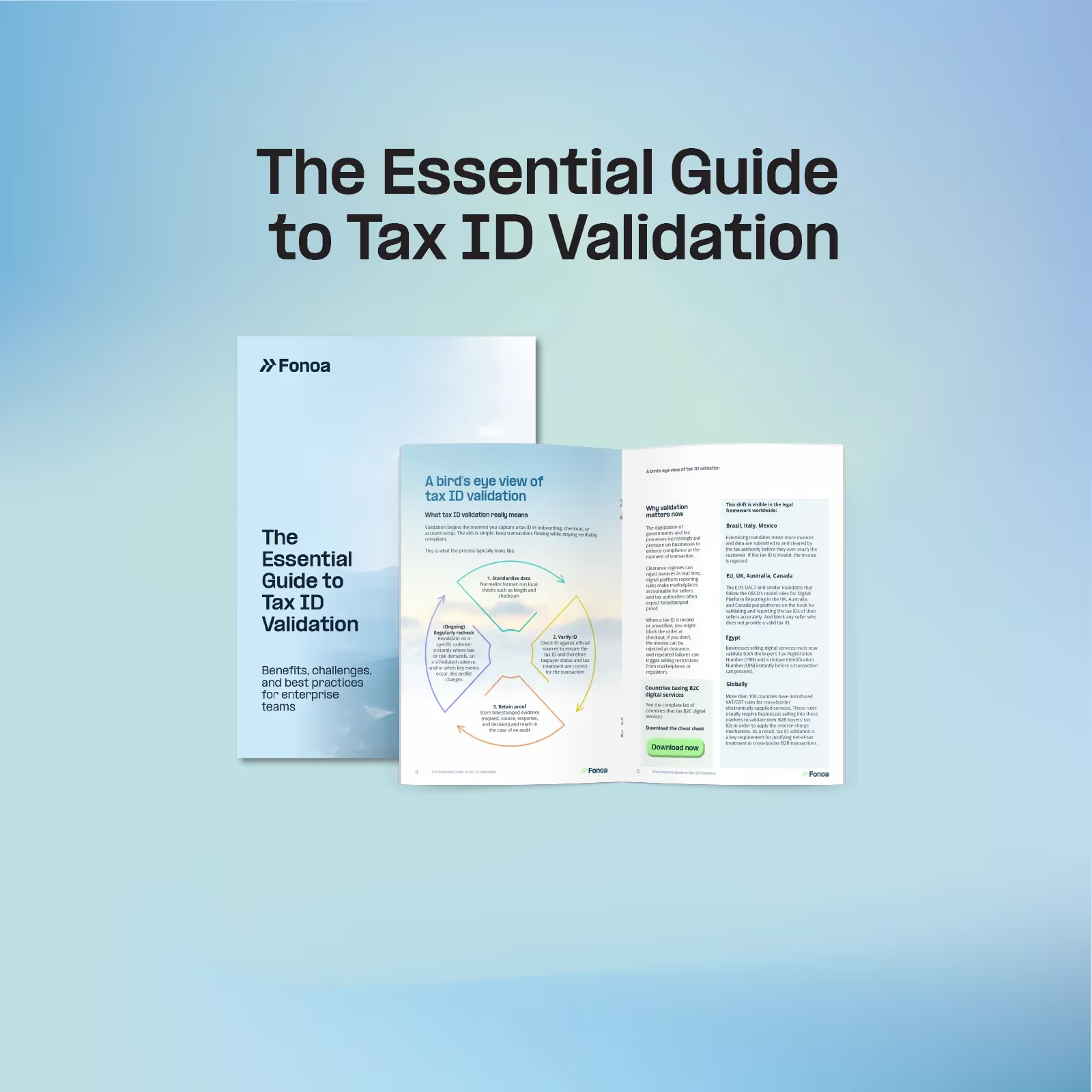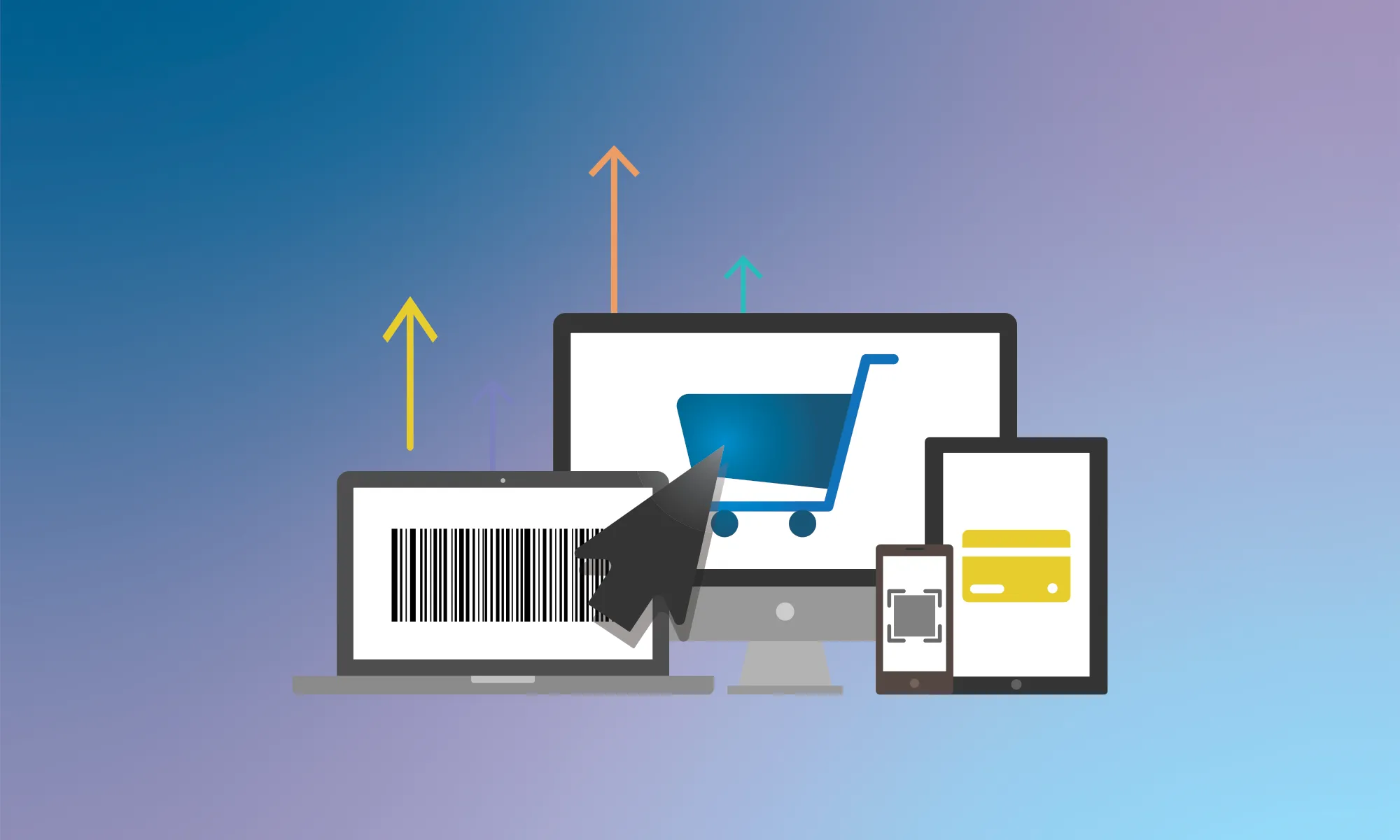This glossary page helps you better understand complex terms and concepts relating to E-invoicing, from country-specific jargon to technical terminology. With a comprehensive list of terms and definitions, our glossary page makes learning easier and more accessible for anyone seeking to broaden their understanding of E-invoicing.
E-invoicing Glossary
| E-invoicing Glossary |
| Digital Reporting Requirements (DRR) |
This is a relatively new term that the European Commission introduced. DRR is any obligation for a VAT-taxable person to periodically (see PTC) or continuously (see CTC) submit data in a digital way on all (or most of) their transactions, including by means of mandatory eInvoicing, to the relevant tax authority. |
| Continuous reporting (Continuous Transaction Controls) or CTC Reporting |
Obligations requiring taxpayers to submit fiscally relevant data to the tax authority or a delegated platform before or shortly after the transaction. |
| Periodical Transaction Reporting |
Obligations requiring taxpayers to submit transactional data on a monthly, quarterly or annual basis. |
| E-invoice |
According to most EU countries, an e-invoice is an invoice, which has been issued, transmitted, and received electronically. Can be both structured and unstructured. However, some other countries define e-invoice in a way that does not include transmission and receipt in electronic format. (e.g. India, Philippines etc.) |
| E-invoicing |
Any method by which an invoice is electronically created and presented to a customer for payment to be made following an automated process. E-invoicing includes a variety of different technologies and service options and includes structured e-invoices and (for some) unstructured e-invoices. |
| E-archiving |
Storing electronic documents as legal and fiscal evidence for a prescribed period of time in line with local regulations. |
| European Norm (EN) |
Semantic data model of the core elements of an electronic invoice. |
| Fiscalization |
Fiscalization is fiscal law designed to avoid retailer fraud. Fiscal law about cash registers has been introduced in countries to control the gray economy. There are many different flavors or fiscalisation leveraging either fiscal hardware devices and/or software. |
| Quasi/real-time reporting |
Obligations requiring taxpayers to submit fiscally relevant data to the tax authority platform right after or shortly (up to a few days) after the transaction. |
| Clearance |
Tax authority or delegated platforms approval being a precondition for the validity of a document. |
| Post-audit |
Tax control system where the authorities aren’t involved in the exchange of invoices and do not require transactional data submission. Usually, tax relevant data is collected on an aggregate level. Tax authorities can audit the compliance of such processes after invoices are issued. |
| Centralized Model (E-invoicing) |
Central tax authority platform ensuring compliance with the relevant local regulations and approving each document. |
| Decentralized Model (E-invoicing) |
An approach, where certified service providers ensure compliance with the relevant local regulations instead of the tax authority. Service providers which are private entities undertake the performance of certain actions, such as the fiscal validation of issued documents, ensuring integrity and authenticity of the documents, and reporting data in real-time to the data vault of the tax authority. |
| Interoperability Model (E-invoicing) |
A network of private service providers, where the regulator focuses on establishing a unified document format and exchange methodology for businesses to gain efficiency and for regulators to perform audit and analysis. |
| Peppol |
Peppol is an interoperability network that enables trading partners to exchange electronic documents over the Peppol network. These documents include e-Orders, e-Advance Shipping Notes, eInvoices, eCatalogues, Message Level Responses, etc. |
| E-transport document |
An electronic document issued to identify the movement of goods. The taxable persons and/or the carriers responsible for the transport are usually required to submit such documents before transportation begins. |
| E-accounting |
Obligations requiring taxable persons to submit business accounting ledgers or ledger entries to the tax authority or delegated platform. |
| E-receipt |
Electronically issued customer receipts. |
| SAF-T |
Reporting requirements based on the OECD’s standard. The standard was developed for tax audit purposes and can encompass information on direct and indirect taxes as well as accounting data; it can be tailored to single countries via national specifications. A number of Member States adopted and then mandated a SAF-T standard as the format through which tax and audit information, including on VAT transactions, is to be submitted to tax authorities on a periodic basis. |
| VAT Listing |
Obligations requiring taxpayers to submit VAT transactional data according to a national format. Transactional data usually consist of a list of transactions (hence the term ‘listing’) with information on their values and counterparts, as well as other VAT-relevant data among those which are to be included in the invoice. The data are submitted on a periodic basis (typically monthly or quarterly), often jointly with the VAT return. Other data – accounting, and other taxes – are not required. |
How Fonoa Can Help
At Fonoa, our team members have an intimate understanding of the daily challenges and complexities that tax and finance professionals encounter. Drawing from our real-life experiences, we have adopted a unique approach that centers on resolving the very issues faced by in-house tax and finance teams.
Through our innovative platform, Fonoa offers a seamless plug-and-play solution that effortlessly empowers companies to achieve global tax compliance.
Our platform provides unrivalled access to all e-invoicing and digital reporting jurisdictions via a unified API. You can stay focused on your core operations while we handle the intricacies of tax compliance, ensuring smooth and efficient operations on a global scale.


















